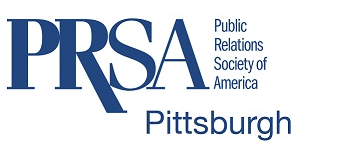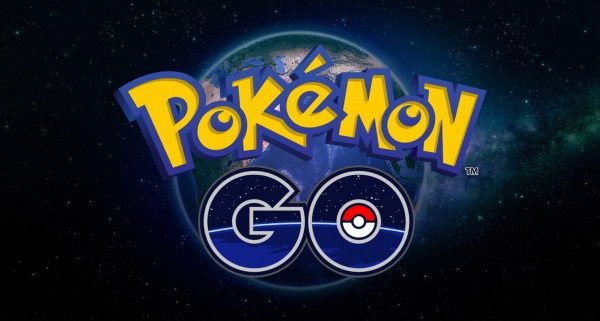Pokémon Go and its Impact on the Media and Marketers
By Jordan Mitrik
Unless you’ve been living under a rock the past week, you’ve probably come across while scrolling through your social media feeds or gazing at the television screen about the recently launched mobile game Pokémon Go.
For those of you who may have been hibernating, Pokémon Go is a concept created by the makers of the ‘90s hit franchise Pokémon. The original game, created by video game designer Satoshi Tajiri, enabled users to capture 151 types of Pokémon – or ‘pocket monsters’ – with the ultimate goal to “catch ‘em all.” It was launched for Game Boy, eventually spreading to additional video game devices, the small screen for a hit cartoon series and various apps.
Fast forward to July 2016, the Japanese consortium between Nintendo, Game Freak and Creatures made its way once again to our mobile devices, but in a different light. The same concept of capturing Pokémon by launching red and white “Poké Balls” is still present, but Pokémon Go, developed by Niantic, puts users on a real world scavenger hunt using your location and camera devices to virtually battle and catch the creatures.
Since its July 6 release, fans of the franchise are running wild over the game, literally. Users are asked to physically get up and walk – or run – around with their mobile device to locate and capture the famous creatures. The Pokémon characters can be found virtually anywhere, leading users to finding them while ordering a burrito at Chipotle, dancing at a wedding reception or attending church for a funeral.
The game has already surpassed Candy Crush Saga as the biggest mobile game in U.S history, and Nintendo’s shares are up more than 50 percent since Pokémon Go’s initial release. There is no doubt the game has been a commercial success. There is also no doubt it’s been covered on every news outlet or media source since its launch date. You can’t check your news feed without reading about it, but is the coverage all positive?
The game itself received mixed reviews from game critics, and the same can be said by reports from news outlets. The game has been suggested to have many health and mental benefits to individuals and has even helped fight crime. Despite the positives, the app has also caused many injuries and placed users in unsafe situations, giving the game some unwanted media coverage.
From a marketing standpoint, Pokémon Go has been gold for many brands. Since users are forced to go out to new and different locations, there is a potentially increased foot traffic for many businesses. In addition, brands have jumped on the bandwagon to attract customers by using the game as a marketing tool.
Currently, players can battle or capture Pokémon creatures at various locations designated by the game creators, but Niantic chief executive John Hanke announced Pokémon Go will soon offer sponsor locations for brands on a “cost per visit” basis to help drive business and facilitate a mutually beneficial relationship between the franchise and many companies.
Brands such as Olive Garden and Jimmy John’s have embraced the Pokémon Go mania and have interacted with their consumers via social media to help them battle and catch the characters. Fortunately for brands, players have reciprocated by mentioning which companies are Pokémon Go hotspots and are capturing their brand experiences on sites such as Twitter and Instagram.
Whether good or bad, ever since Pokémon Go has graced our mobile devices, the media has managed to make it top news, allowing the interactive game to overflow your social media channels, news apps and family dinner conversations. Pokémon Go has stimulated conversation between brands and consumers in the most unlikely of ways, yet has become a source of fun and interactive brand storytelling. It has made people talk, and more importantly, get off the couch.
Who would have thought Pokémon Go could potentially be a part of your brand’s next marketing campaign?
Jordan Mitrik is an account executive at Jampole Communications and serves as blog coordinator for PRSA Pittsburgh. He is a recent Waynesburg University graduate where he studied public relations and marketing. Connect with Jordan: Twitter | Linkedin | Website




Leave a Reply
Want to join the discussion?Feel free to contribute!